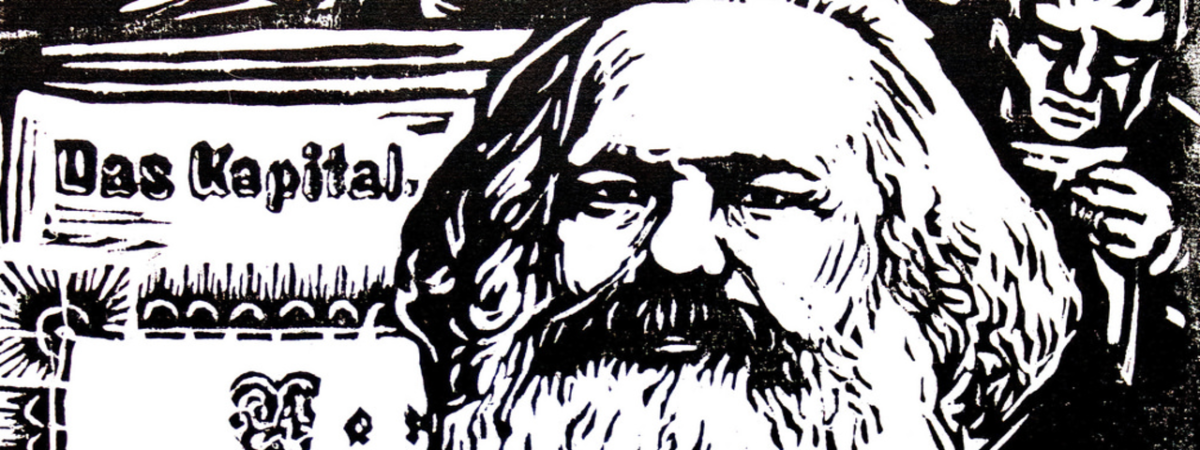The railroad to serfdom
SUGGESTED



The Northern Powerhouse Rail (NPR) project, previously known as HS3, was first promised by the Coalition Government in 2014 as an extension to HS2. It was originally intended to be a phased set of links between London, Birmingham, Manchester and Leeds, due for delivery between 2029-2033 (and delayed from 2026 for the first phase). NPR would cut across the top of the Y-shape of HS2 by creating an east-west link from Liverpool to Leeds though Manchester, in turn cutting journey times between these three major northern cities to around 25-30 minutes, down from 40-60 minutes, while increasing the number of services. It is part of a wider ambition for ‘High Speed North’, which includes upgrading the M62 motorway between the same cities, and wider links to the north-east and east coast. All of these things sound brilliant: it is hard to argue against improvements to necessary infrastructure, making lives better in parts of the country that need it most. The devil, however, is in the detail – something the government has belatedly acknowledged with the news today that the Manchester-Leeds leg is going to be scrapped, which will at least cut some of the ballooning cost of the whole high-speed rail boondoggle.
The central economic proposition of high-speed rail is that by improving transport links between major conurbations, it can stimulate economic growth, freeing up commuting time for more useful work and linking new markets. The central economic problem is that the sums do not add up. The investment models do not appear to yield the kind of growth that would justify the spending, which is why the private sector will not invest alone. But even if the government wishes to spend public money in this way, perhaps to correct the perception of market failure, there are still better projects available. Even the commuting case is weak, since the savings in time are so small that they largely mean more time in bed and less time to play with phone apps for the minority using trains, rather than a major stimulus to productivity.
Both HS2 and NPR consistently fail or score weakly on value-for-money assessments. Even the original economic case in 2011 rated HS2 as having a ‘medium to low’ benefit-cost ratio, and that was before cost estimates ballooned from £31.5bn to up to £110bn in 2019, eliminating any prospect whatsoever of a net benefit. Proponents of HS2 today are left making claims about the utility of the project for increasing capacity and greener travel. These are weak arguments: if there was much demand for such capacity, then surely it would already be captured in the cost-benefit-analyses. And the greenest form of ‘travel’ is working from home.
The IEA’s own 2014 analysis found that the claims for regeneration benefits from such schemes were verifiably false, based in no small part on the experience of HS1 and the East Coast Mainline, which have clearly failed transform the economies of East Kent and Doncaster respectively. Other economic factors are far more important. We argued the more likely impact of HS2 and NPR would be an enormous diversion of political and public capital into these headline schemes, with more cost-effective projects left untended – which clearly turned out to be correct. They create public choice incentives for rail investors to transfer economic risk to the taxpayer, and non-delivery risk to politicians. They repeat a pattern of Northern policy failure, again identified by the IEA’s Richard Wellings in 2015, of crowding out private sector investment and skills development with grand public projects and public sector salaries. These attract talent to economically marginal ventures while the associated tax bill does damage to businesses that might otherwise be competitive. If the NHS, local government, and lobbying for rail lines provide the most prestigious and well paid jobs in your town, you’re not a success story.
Other arguments for these schemes focus on fairness, particularly on the distribution of public investment between the north and south. All of the major political parties have bought into this narrative; surely if London gets Crossrail, the North should get NPR? The problem however is that real investment in infrastructure isn’t fair, and it often follows economic success (or the presumption of the same), rather than creating it. Most of the original railway investors in the Victorian era lost their shirts gambling on this proposition. The branch lines closed in the 20th century were sometimes servicing just a handful of people, kept alive only by the political cost of closing them. The benefit-cost ratio for Crossrail was rated ‘medium to high’ and it was a much cheaper scheme. London’s greater population density, in itself based on the economic success of the region, means a greater impact from reducing journey times.
We at the IEA might argue none of these schemes deserved public money and each should have been privately financed, perhaps using longer term instruments for debt recovery – but if money is to be spent in this way, then the argument has to be rooted in value for money. On that basis, the government only has itself to blame for ramping up the centrality of northern transport links to their own narrative of ‘Levelling Up’, and previously with the Northern Powerhouse. If the political cost of binning bad schemes is very high, it is because they have chosen to make it so. Equally, northern politicians have put themselves in the trap of insisting that their future prosperity depends on gifts of treasure from the south, surely a modern example of ‘the railroad to serfdom’.
They could instead be angrily challenging the government to help reduce the appalling cost of these schemes through planning reforms, stimulating competition and the abolition of various sock-puppet quangos that solely exist to add cost to any decision to build a network. They might also accept that this is no longer ‘the age of the train’ and that it’s best left to the market to decide whether better links with different technology might yield better outcomes. Private investors, for example, might rip up some tracks and replace them with dedicated busways that are a very appealing alternative to the M62: cheaper, more flexible, more environmentally friendly and far less likely to entrench northern dependency on Westminster.



